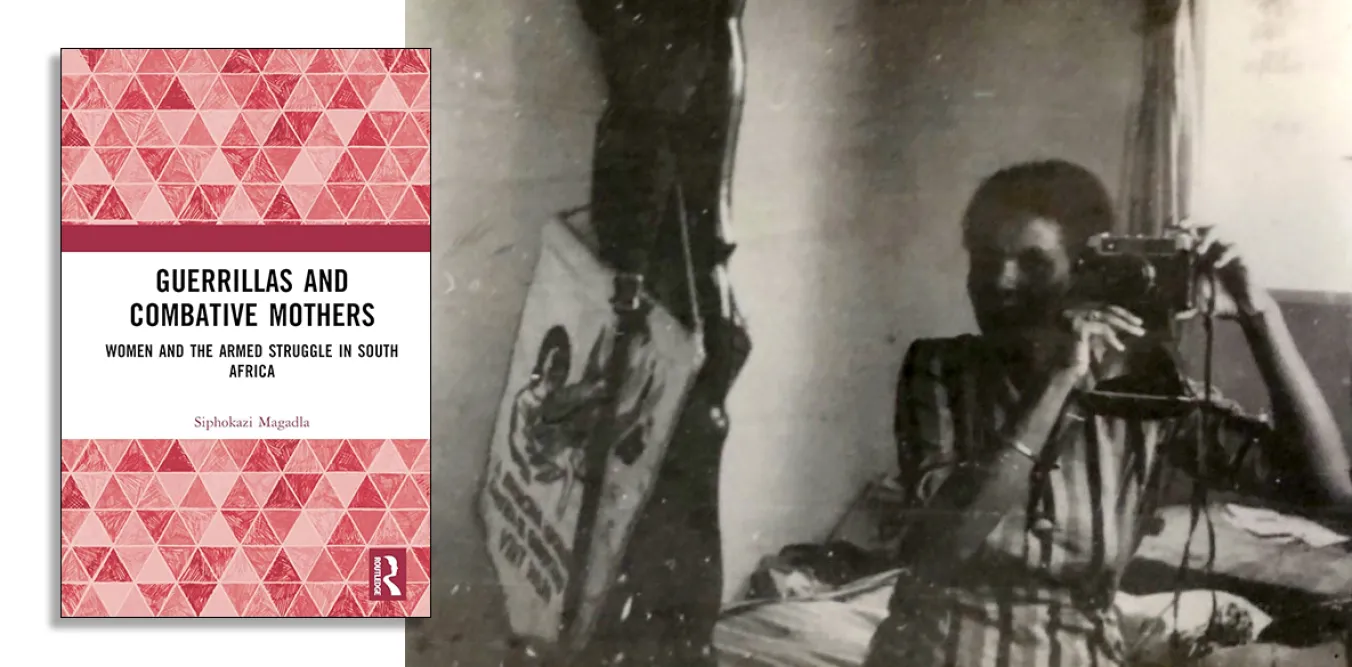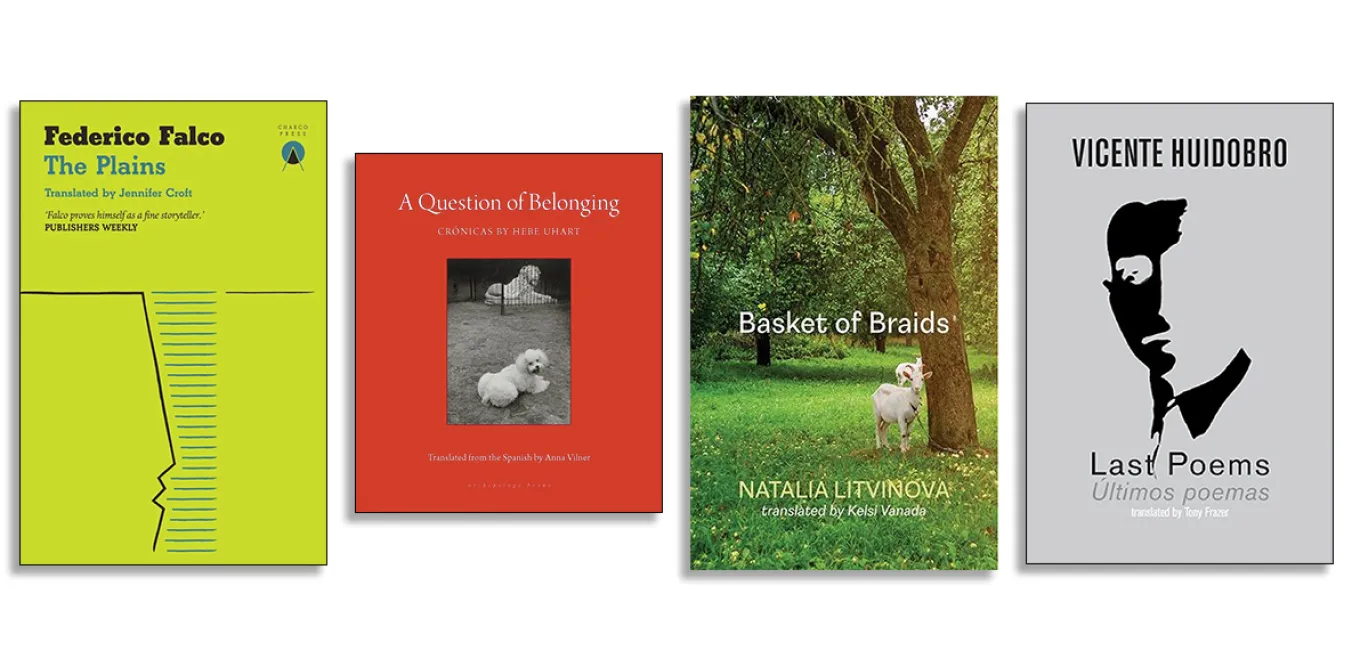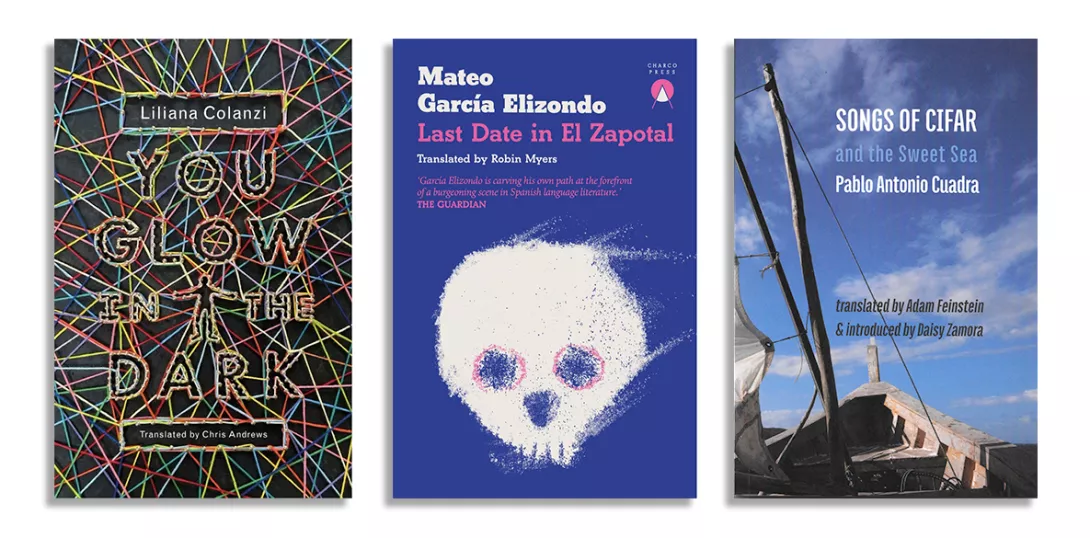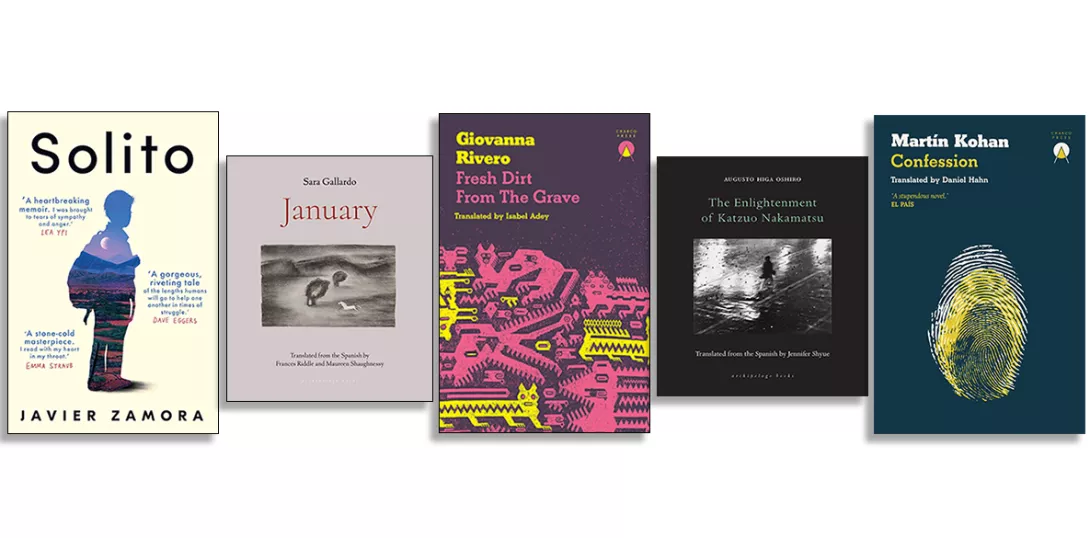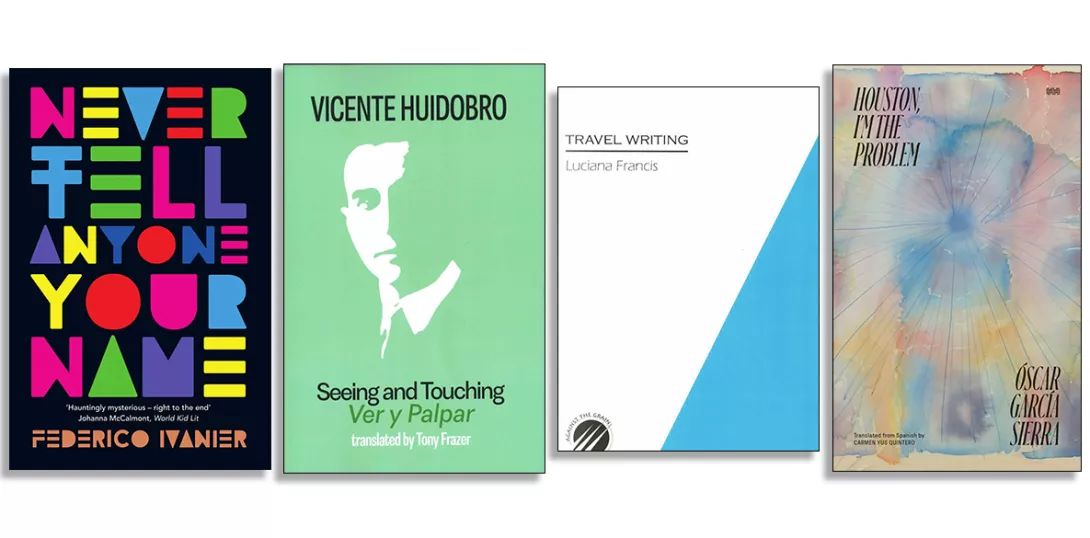
“AND this is how you open your eyes, slowly, enjoying the movement of the train, even though you have no clue where you’re going.” This is the opening line of Never Tell Anyone Your Name (Hope Road Publishing, £8.99), a gripping novel for young adults.
The story, skilfully translated by Claire Storey, revolves around a 16-year-old boy from Montevideo, Uruguay, travelling on a train between France and Spain after visiting his mother in Bordeaux. As he reaches Irun station in the Basque Country to catch a train to Madrid, where his father awaits him, he realises there's a mistake with his ticket booking. As a result, he has to wait until midnight to catch the next train.
Since he doesn't have much money, he decides to kill time by wandering around Irun. He carries a copy of Dracula, which he’s currently reading, in his backpack. However, an unexpected encounter at a local church turns the course of the story into a fast-paced tale of dark forces, teenage anxieties and desires, with a twist of vampire echoes.
“You remember all the times you were told not to trust strangers: don’t follow them, and never tell anyone your name,” says the young narrator as the snow begins to fall and dark forces gather around him. This spellbinding novel is perfect for young lovers of dark mysteries and horror.
Vicente Huidobro (1893-1948) was a visionary poet from Chile. He was one of the greatest Latin American poets and the founder of the literary movement called Creacionismo, Creationism.
In 1941, he published a book called Ver y palpar in Santiago, Chile. Thanks to the tireless effort of editor and translator Tony Frazer, most of Huidobro’s works are now available to a British audience through his translation and publication of many of the poet’s books. One of these books, Seeing and Touching, has recently been added to the list of his translated works and is available from Shearsman (£14.95).
This book’s bilingual collection of poems includes some of Huidobro’s variants and French versions, making it a treasure trove for fans of the poet, who also wrote Altazor, his magnum opus, a poem in the shape of a book.
Seeing and Touching is filled with poems that play with music, repetition, alliteration, surreal imagery and the beauty of the natural world, from the sky and stars to storms, the sea, eggs, stones and birds.
Among many personal favourites, beautifully rendered by Frazer from the Spanish, is the poem Fatiga. It begins with these dazzling lines: “I walk day and night/ Like a lonely park/ I walk day and night amongst sphinxes fallen from my eyes/ I look at the sky and its grass that is learning to sing/ I look at the wounded field with its loud cries/ And the sun at the centre of the wind/ I stroke my hat filled with a special light/ I run my hand across the wind’s back.” A remarkable poetry collection.
Luciana Francis, a Brazilian poet based in Britain, has published her first pamphlet titled Travel Writing (Against the Grain, £6). The book delves into Francis’s diasporic experiences, explores her Brazilian identity and touches on themes of memory and motherhood.
In the poem Islands, which deals with foreignness and a sense of place, Francis writes: “The sun shines brightly despite its foreign accent.” The poet’s precise and almost clinical use of words, powerful imagery, and intimate settings make this small book a compelling read. It reaches out to the reader and is full of hope: “Without allies we are islands — I need your warm hands to ward off the morning frost.”
Leonese poet and novelist Oscar Garcia Sierra’s first English-language collection, Houston, I’m The Problem (World Poetry Books, £16), tackles the preoccupations and disillusion of the millennial generation.
Translated from Spanish by Carmen Yus Quintero, the book delves into the anxieties of everyday life under capitalism, the consequences of climate change, and the dangers of social media and the digital age where individualism often takes centre stage.
Some of the poems in the collection showcase a certain quality of nihilism, along with dark humour and sadness. For example, in the titled book poem, Garcia Sierra writes: “i’m one step closer to being happy but i’m surrounded by walls and i can’t move, or be happy, or sleep because of the noises people make on the other side of the wall.”
Despite the bleakness, the poet still manages to find a glimmer of hope, even if that process is always ongoing. “I’ve been escaping for 20 years but I’m still not far enough.”
Garcia Sierra uses long, expansive lines to craft a personal story of disenchantment with the world around him and the uncertain future that lies ahead.

